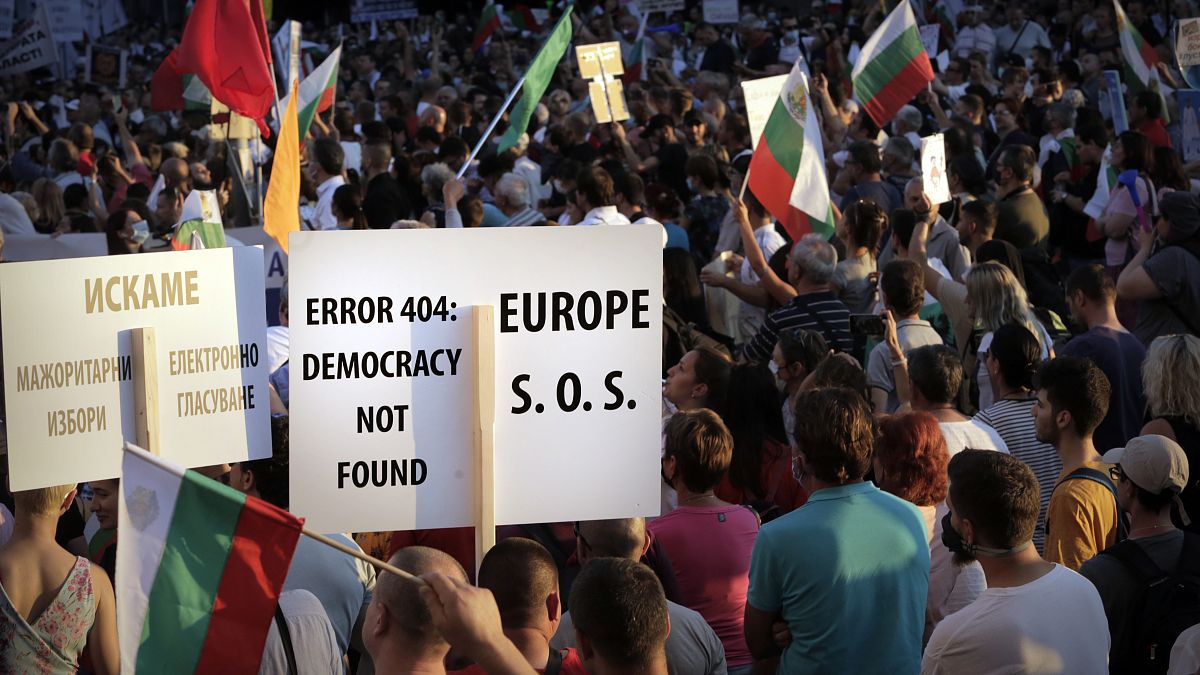Over half of Europeans believe that their government is controlled by private interests, according to the latest report by Transparency International.
Almost two-thirds of Europeans believe corruption is a problem in their country with the COVID-19 pandemic worsening matters, a report has found.
Sixty-two per cent of the 40,000 Europeans surveyed by Transparency International for its Global Corruption Barometer, believe that government corruption is a big problem in their country.
About a third across the 27-country bloc also affirmed that corruption has gotten worse over the previous 12 months.
Health care was found to be a hotspot for corruption, which Transparency International flagged as of particular concern because of the global heath crisis.
The NGO found that 6% of people across the EU have paid a bride for health care but that 29% have used personal connections to receive medical attention. Most people also don't think that their government did not handle the pandemic in a transparent manner.
"The EU is often seen as a bastion of integrity, but these findings show that countries across the region remain vulnerable to the insidious effects of corruption," Delia Ferreira Rubio, chair of Transparency International, said in a statement.
"During a health crisis, using personal connections o access public services can be as damaging as paying bribes. Lives can be lost when connected people get a COVID-19 vaccine or medical treatment before those with more urgent need. It's crucial that governments across the EU redouble their efforts to ensure a fair and equitable recovery from the ongoing pandemic," she added.
The survey also looked at other areas of corruption, such as the ties between business and politics. An average of 53% of people across the EU think their government is controlled by private interests.
This view was strongly held in Slovenia (70%), Bulgaria and Cyprus (both 68%) and the Czech Republic (67%) but was the minority opinion in Scandinavian countries.
Members of parliament are seen as the most corrupt, followed by business executives, bankers and national government officials including president's and prime minister's office.
Overall, more than half of respondents think that big companies often avoid paying taxes and that bribes and connections are commonly used by businesses to secure contracts. Just 21% of Europeans think that corrupt officials face appropriate repercussions.
"These results should be a wake-up call both for national governments and the EU institutions. Corruption is undermining public trust and policymakers need to listen to the concerns of the public," Michiel van Hulten, director of Transparency International EU, said.
"There are many immediate actions that can be taken to remedy these problems such as increasing lobbying transparency at the EU and national levels and tackling tax avoidance. And EU policies to protect whistleblowers and fight money laundering must be effectively and swiftly transposed into national law," he added.
